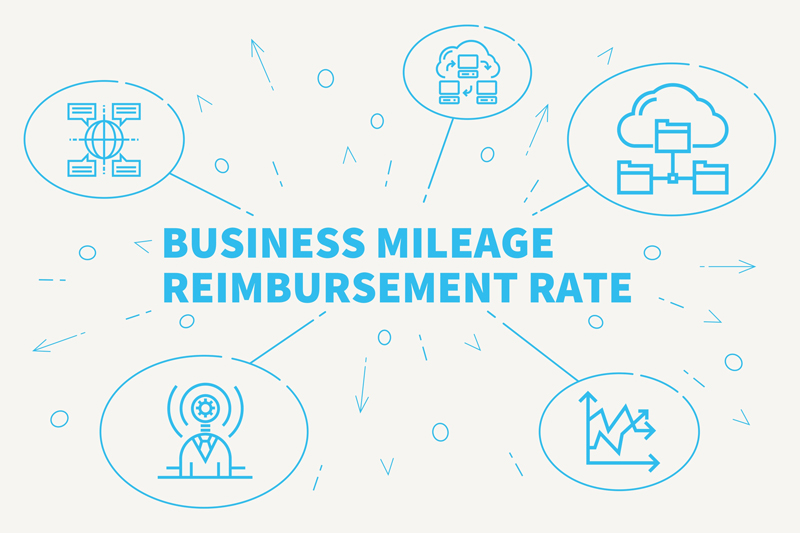Why Succession Planning Matters for Employers
As a business owner or executive, you’ve built something valuable, and ensuring its longevity requires thoughtful leadership transition planning. Whether you’re preparing for retirement, an unexpected departure, or long-term growth, succession planning is essential for organizational stability and operational continuity.
Succession isn’t just about who’s next—it’s about maintaining stakeholder confidence, protecting value, and preparing your business for future success.
What Is Succession Planning and Why Now?
Succession planning is the strategic process of preparing your company for leadership changes. This could involve identifying and developing internal talent, structuring ownership transfer mechanisms, or preparing for external recruitment when needed.
For employers, this process also includes mitigating legal risks, protecting confidential information, ensuring compliance with shareholder agreements, and minimizing tax exposure.
The Business Risks of No Plan in Place
- Uncertainty among employees and clients
- Disruption of operations during transitions
- Conflict among partners, shareholders, or family members
- Forced sale or dissolution of the company
- Public exposure of business valuations through probate
Without a plan, the exit of a key leader can destabilize operations and threaten long-term viability.
Key Legal Elements of an Employer-Focused Succession Plan
Ownership Structuring
To avoid probate and public disclosure, ensure shares or membership interests are titled to allow smooth transitions, such as through trusts or TOD (Transfer on Death) designations.
Buy-Sell Agreements
These govern what happens to an owner’s interest in cases of death, disability, or departure. Well-crafted agreements prevent disputes and provide funding mechanisms for transitions.
Governance Documents
Review and revise your operating agreements, bylaws, or shareholder documents to clearly define decision-making authority and succession protocols.
Management Development
Identify and mentor internal candidates for leadership roles. This allows for continuity in corporate culture and operations.
Business Valuation and Tax Strategy
Get an up-to-date valuation and work with professionals to design a tax-efficient transition strategy, especially for closely held or family businesses.
Why Employers Partner with PSE Law
At Pickrel, Schaeffer & Ebeling, we understand the complexity of business succession. Our attorneys advise employers on designing proactive, compliant, and confidential succession plans that preserve value and minimize Disruption. Whether your goal is to pass ownership to a family member, prepare a sale, or transition to new executives, we ensure your plan aligns with your business structure, industry regulations, and long-term goals.













